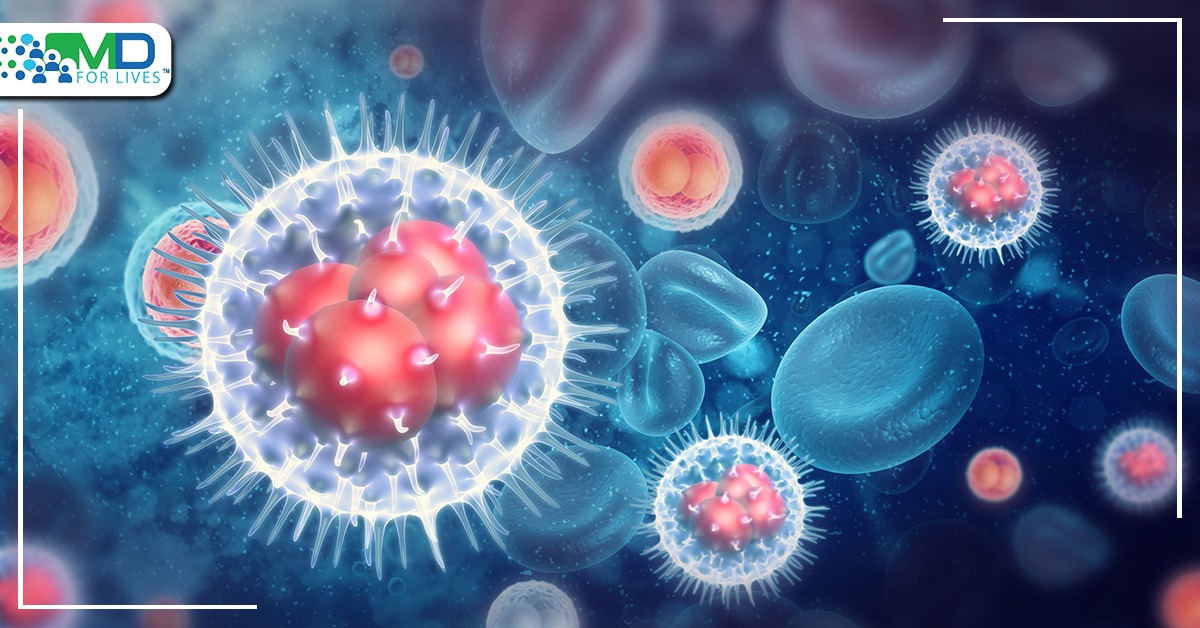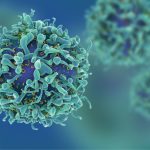Complicated disorders may affect the structure and function of all types of organisms. The disorders may affect the patients both mentally and physiologically. Quality of life becomes poor. Recent improvements in medical science show a path that can lead to numerous treatment options.
Immune system diseases
The immune system is the defense system of the body that protects the body against infection and diseases. The diseases that affect the immune system can be debilitating as the body’s defense system fails to act against infectious diseases. In some conditions, the immune system fails to differentiate between the body’s own cells and foreign cells, and thus attacks its own healthy tissues, leading to autoimmune diseases.
Weak immune system disorders
People with a weak immune system may experience certain disorders like
- autoimmune disorders
- skin infections
- pneumonia
- developmental delays in infants
- meningitis
- bronchitis
- blood disorders
- digestive issues
Diseases that affect the immune system
HIV, which causes AIDS, affects the immune system. The virus destroys white blood cells and affects the immune system. The cancer of the plasma cells, multiple myeloma, can also affect the immune system. Cancers of the immune system and viral hepatitis also play the same role.
Therapy according to new research
In the treatment of autoimmune diseases, LNK01001 is a targeted inhibitor. Lynk Pharmaceuticals Co Ltd., in subjects with rheumatoid arthritis, in its Phase II clinical trial has dosed the first patient with LNK01001. In subjects with moderate to severe rheumatoid arthritis, the clinical study is meant to judge the protection and effectualness of LNK01001. The subjects are generally intolerant to conventional synthetic disease-modifying antirheumatic drugs (csDMARDs) or the subjects who show poor response.In the treatment of LNK01001 autoimmune diseases, LNK01001 acts as a selective kinase inhibitor and it is the first innovative drug from Lynk Pharmaceuticals.1
Ophthalmic diseases
Ophthalmic diseases affect the human eye. Cataract, glaucoma, and refractive errors can cause preventable blindness. There are various kinds of eye diseases, however several of them share ways of treatment and prevention.
What new research says about ophthalmic disease prevention?
At the National Eye Institute, a unique population of B cells has been identified that were isolated and characterized. In reducing chronic inflammation, the population of B cells can tamp down the immune system. In mouse models with multiple sclerosis and the eye disease autoimmune uveitis, symptoms were observed to be reduced by infusions of purified IL-27 regulatory B cells. This research may help in human therapies in the future.2
In subjects with visual impairment due to diabetic macular edema, the safety and efficacy of Beovu (brolucizumab) 6 mg were assessed by Novartis in their phase III KESTREL study. The burden of frequent treatments was addressed and there was found to be again in visual acuity, reduction in fluid in those patients. The safety profile was also confirmed. When Beovu patients were compared with aflibercept patients, fewer patients from the Beovu arm had intraocular fluid and/or sub-retinal fluid.3
In subjects with non-infectious non-anterior uveitis, Active Biotech found laquinimod as the first-line treatment as an add-on to steroids and the second-line treatment for those who failed steroid treatment. The first subject has been dosed in phase I clinical study of the eye-drop formulation of laquinimod. Effective and safe treatment is lacking in patients with non-infectious non-anterior uveitis. Moreover, there is no eye-drop treatment available. The laquinimod eye drop is safe and well-tolerated, according to a preclinical program. In healthy subjects, the new formulation will be tested to check for the primary endpoint, safety, and tolerability of laquinimod eye-drops after single and repeated doses, and secondary endpoint, eye toxicity, and pharmacokinetics.4
Infectious Diseases
Infectious diseases are caused by microorganisms. Some infectious diseases can be transmitted from one person to another. AIDS, Botulism, COVID-19, Hepatitis, Rabies, Syphilis, etc. are some common infectious diseases.
New research on infectious diseases
Individuals vaccinated with the Russian Sputnik V vaccine can now enter the Kingdom of Saudi Arabia from January 1, 2022. Muslims from all over the world vaccinated with Sputnik V can participate in the Hajj and the Umrah pilgrimages.5
A booster shot of the Johnson & Johnson Covid-19 vaccine administered at six months after a two-dose primary regimen of BNT162b2 increased both antibody and T-cell responses, announced by Johnson & Johnson from the results of an independent study. The benefits of heterologous boosting are demonstrated.6
Sotrovimab is a monoclonal antibody that retains in vitro activity against the new SARS-CoV-2 variant (B.1.1.529), Omicron spike protein. The antibody binds to an epitope on SARS-CoV-2 shared with SARS-CoV-1, which shows that the epitope is highly conserved that can make it more difficult for resistance to develop.7 The Immunoglobulin G (IgG) autoantibody profiles of patients in clinical trials for Systemic Lupus Erythematosus were characterized by Oncimmune Holdings plc, with a new large pharma partner headquartered in Germany. Adverse events, baseline autoantibody profiles as biomarkers of disease, and clinical response in patients will be explored in the study.8
The above research studies clearly indicate the new treatment insights that can bring wellness to the lives of the human population.






